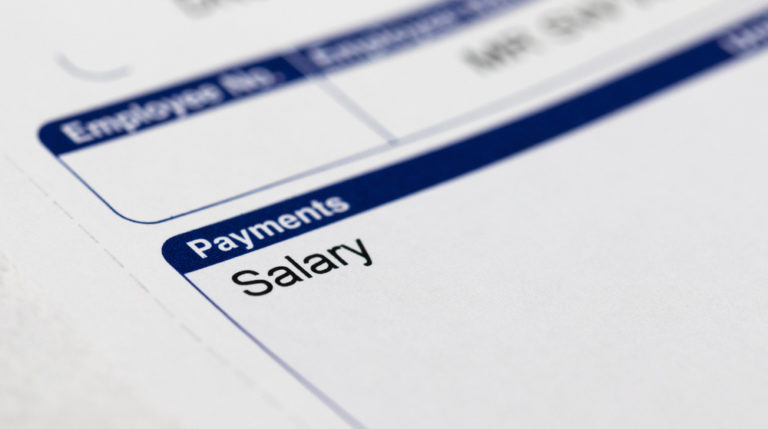What do your procurement people get paid to do? It’s the sort of question that often prompts Procurement Head’s to quote back their team’s job descriptions. So far so good, at least to the extent that the job description has kept pace with reality and the demands of the business.
Usually, that’s not a problem with job descriptions for two reasons. The first is because they are typically written in the sort of generic language that makes it more or less timeless, but with just enough precision to distinguish one job role from another.
The second reason is because hardly anyone ever goes back to the job description. Only the most obstreperous member of the team would treat it as a reference document – a daily yardstick to determine whether the task now being asked of them is within the scope of their job role or an egregious, excessive demand by a senior manager.
So, if the language of the job description survives the passage of time and if the paper it is written on doesn’t see the light of day from one year to the next, then whatever role it fulfils, it won’t be that of a rudder, guiding the daily actions of the procurement professional.
Rather, the document that serves as the rudder, guiding and even motivating performance from one day to the next, from one month to the other, is the pay cheque.
Go back to the original questions: What do your procurement people get paid to do? What in their balanced scorecard is used to calculate their bonus? What in their performance review will determine whether they are given a leg up to the next paygrade? What must they achieve to earn that promotion?
A finance director (FD) of my acquaintance recently told about a company they used to work at, where they discovered the procurement team had strict end-of-year targets to screw rebates out of suppliers, or else they would be delisted. It was a damaging exercise as it soured the relationships that function had tried to build throughout the rest of the year. Not only that, it was also counterproductive because these rebate costs always found their way back into product prices.
When this particular FD found out what was going on, he killed the practice. Procurement was delighted. “You mean we can go back to trying to negotiate the best deals with our suppliers?” Yes, indeed they could.
“You can’t expect people to march to the right if they are getting paid to march to the left,” one well-known consultant told me many years ago. Those words continue to ring true. As procurement evolves, as it tries to enhance its strategic importance within the organization to seek out innovative partnerships with suppliers, as it explores how digital technologies can transform the function, as it takes a more value-adding approach to cost-savings by, for example, looking at product quality and total cost of ownership, then the metrics that drive the simple, monthly pay cheque calculations need to keep up.
Financial incentives based largely on (a) showing up for work regularly and (b) saving money will result in behavior that does exactly that.
This isn’t to say staff is only motivated by money. People at all levels of the organization love a challenge – an opportunity to show what they can do. Success, achievement and recognition are unquestionably part of the mix of rewards on offer.
But commission-earning salespeople will be motivated to bring in sales, regardless of whether the deals they negotiate are technically difficult or damaging to the bottom line. Likewise, if procurement people are rewarded for successfully getting suppliers to cave in yet again on price, their senior managers shouldn’t be surprised if that’s what they spend their time trying to do – instead of working on all the other good stuff and vague promises about value creation, transformation and innovation.

